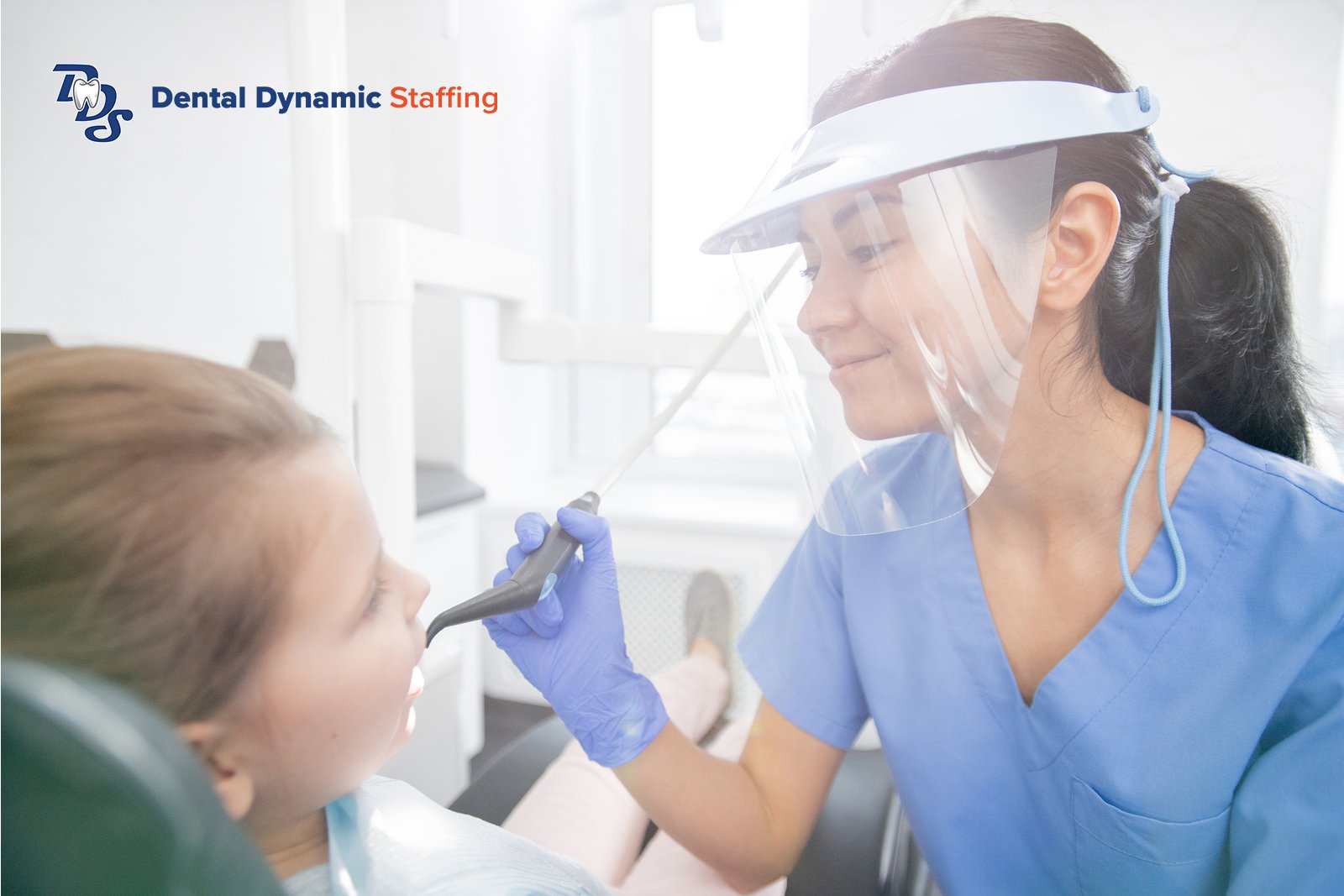What is locum tenens?
In Latin, locum tenens means “to hold one’s place”. When you work as a locum tenens dentist, you will take the place of another dentist on a short- or long-term basis. Locum tenens dentists help fill staffing shortages at dental practices due to vacations, illness, leaves of absence, or even during peak business seasons.
Why work locum tenens with DDS
Working as a part-time or full-time dentist can often lead to days off due to the office being closed or a time when there is high demand for dentists in other areas. When you work as a locum tenens, you can pick up those extra shifts, earn extra income and set your own schedule.

Locum tenens are needed for a variety of different reasons in dental offices. From sick leave and retirement interim to emergencies and illness, knowing that a dental office does not need to cancel their appointments allows for continued staff and patient loyalty and ensures the office will not lose revenue.
At DDS, we look forward to connecting dentists with the best match practice. Are you interested in becoming a locum tenens? Give our team a call today to speak with a team member who can help you get set up so you can start providing great care!
To be contacted by a team member about locum tenens opportunities, please complete the questions below. Our team will be in contact with you shortly!

Dental Industry Insights
Discover the latest dental news, get industry updates, and get to know the rest of the DDS team.
EFDAs and the Bottom Line: Why You Should Add an Expanded Function Dental Assistant to Your Team
06.21.2022
Are you aware of the benefits that Expanded Function Dental Assistants (EFDAs) can provide your dental practice? If you’re a dentist and you are unfamiliar with the role of an EFDA, don’t worry. You aren’t alone.
5 Steps to Planning Your Dental Career
06.21.2022
As a dental professional, you spend a lot of time worrying about the health of your patients. But how often do you pause to consider the health of your dental career? When you graduated and began working as a dental professional, you probably had ...
webinar tODAY AT 2PM on the Benefits to working with a dental Staffing Company.
06.21.2022


